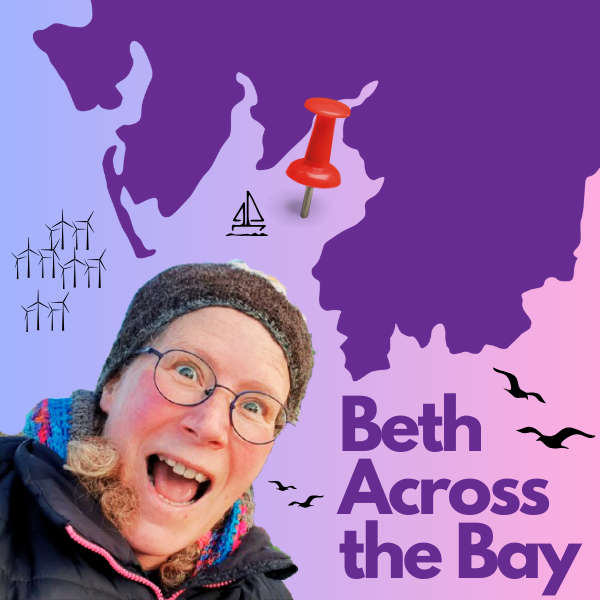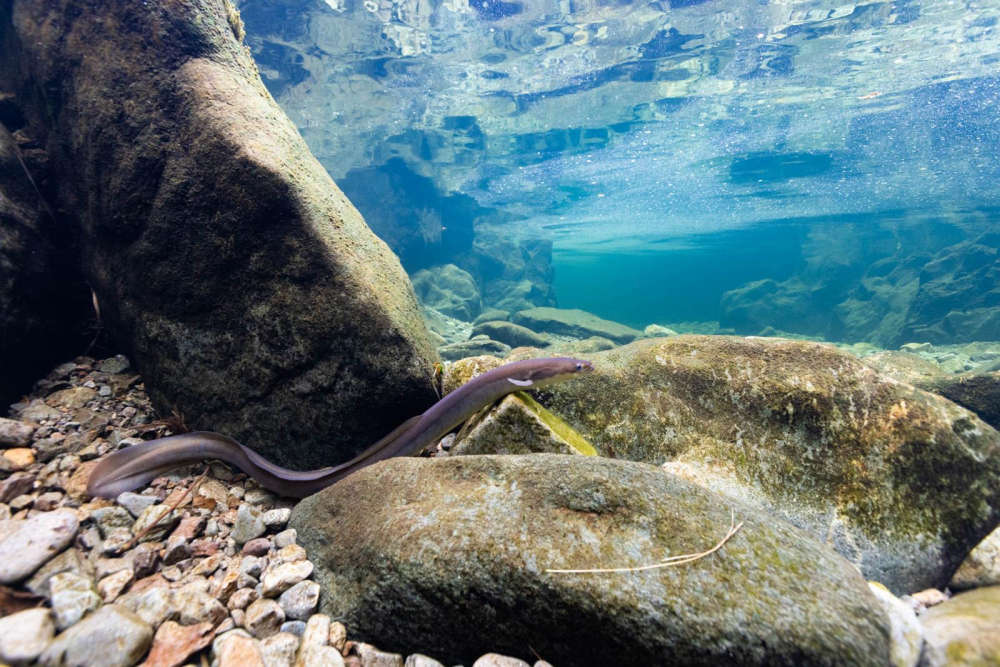
Fisheries officers have begun patrols along the Morecambe Bay coastline trying to protect endangered European eels from poachers.
The Environment Agency announced that their Fisheries Enforcement Officers have begun patrols after a 95 per cent decline in the number of European eels returning to rivers across the continent since the 1980s.
Young eels, known as elvers, are highly prized on the black market, attracting the attention of illegal poachers who often have links to organised crime gangs.
The Environment Agency, working closely with the Northwestern Inshore Fisheries Conservation Authority (NWIFCA), has started patrols to help protect the elvers during their migration.
These patrols are part of a wider large scale work programme, Operation Lake, which is a EUROPOL joint operation with law enforcement authorities across Europe and the globe.
With the nocturnal feeding habits in mind, the partnership uses advanced night vision capable drone technology to help detect illegal poaching activity.
The drones help by covering a larger stretch of coastline than previously possible by patrol boats alone.
“Embracing technology and working alongside our partners from Northwestern Inshore Fisheries Conservation Authority, allows us to use their detailed knowledge of our coastline during patrols, and gives us more boots on the ground, allowing us to discretely monitor targets within a wider area," said an Environment Agency spokesperson.
“If we detect illegal poaching activity, we can quickly intercept and make arrests.
“We urge members of the public to share with us any information they might have on poaching activity, however small or inconsequential it might appear – it could be the missing piece of the jigsaw.”
A North Western Inshore Fisheries and Conservation Authority spokesperson said: "Joint working with the Environment Agency continues to be a priority in the North West region, benefiting from shared expertise and resourcing.
“This partnership approach means we can plan patrols in areas based on seasonal risk and intelligence between agencies. Additionally, Operation Lake allows us to patrol high risk estuarine habitats in protected areas which are vulnerable to poaching.
“The deployment of the NWIFCA enforcement drone with night vision and thermal imaging capabilities will continue to be a crucial asset for safety and the detection of crime during joint working."
European eels breed in the Sargasso Sea, near Bermuda, from which young elvers migrate annually to reach European river estuaries for the spring tides.
When they mature, eels migrate back to breeding grounds in the Sargasso Sea to reproduce for a single time before dying, and the cycle begins again.
If you see, or suspect illegal poaching, report it via the Environment Agency’s incident hotline 0800 80 70 60, or call the police on 101, unless an incident is progress – then call 999.



 Morecambe Winter Gardens to open to public for new season
Morecambe Winter Gardens to open to public for new season
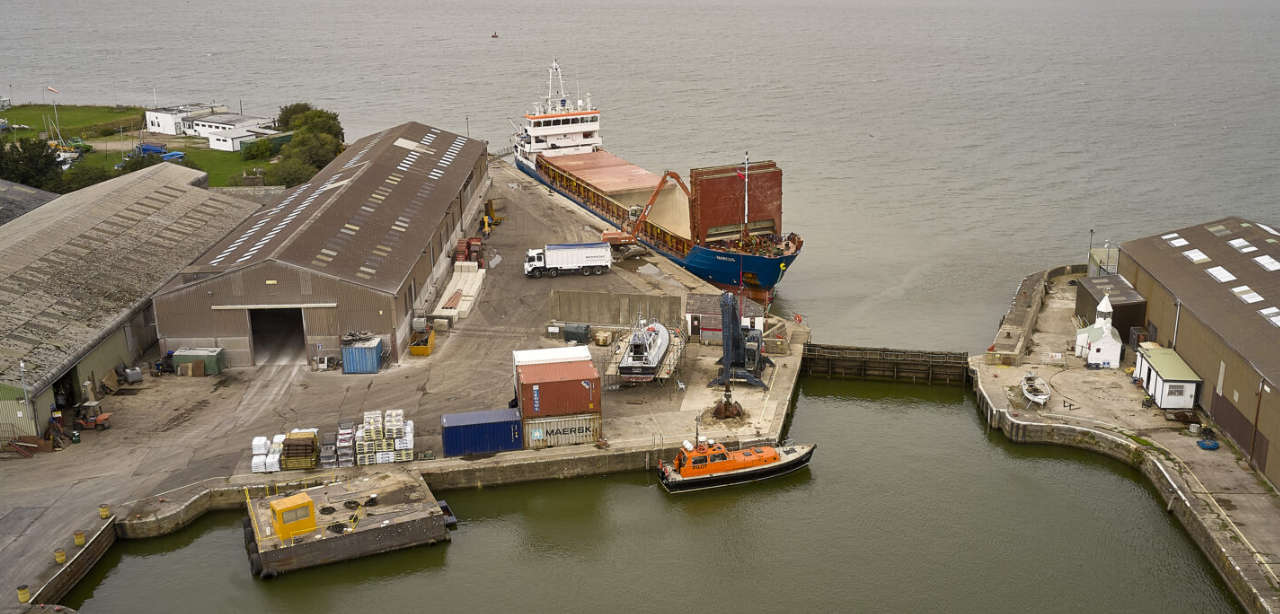 Cash for repairs to Lancaster Port gate announced in £6.5m flood defence package
Cash for repairs to Lancaster Port gate announced in £6.5m flood defence package
 Carnforth fire crews issues safety advice after tackling blazes in the open
Carnforth fire crews issues safety advice after tackling blazes in the open
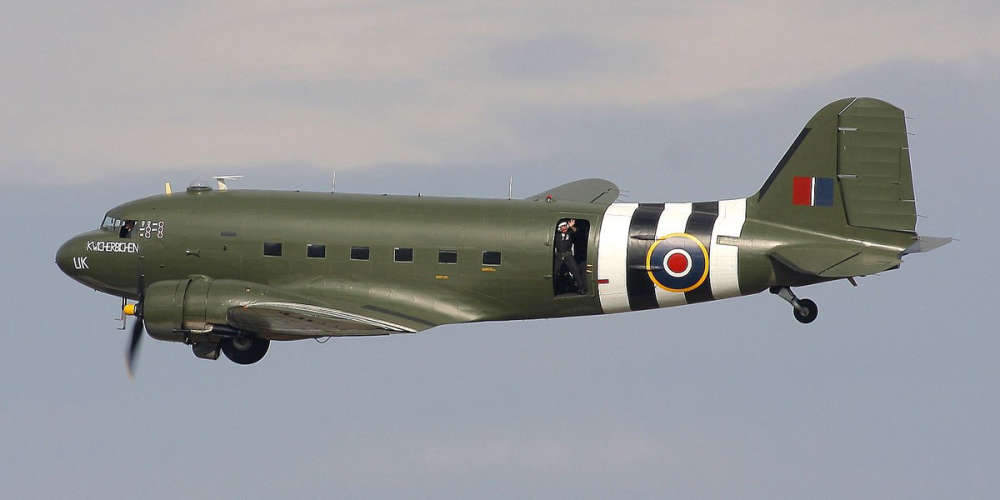 EXCLUSIVE: Battle of Britain Dakota display announced for Armed Forces Day in Morecambe
EXCLUSIVE: Battle of Britain Dakota display announced for Armed Forces Day in Morecambe
 Heysham school to open new nursery after government cash boost
Heysham school to open new nursery after government cash boost
 Local election candidates announced
Local election candidates announced
 Holiday park empire donates £100K to Lancaster hospice
Holiday park empire donates £100K to Lancaster hospice
 Lancaster and Morecambe events will 'Spring into Action' over food
Lancaster and Morecambe events will 'Spring into Action' over food
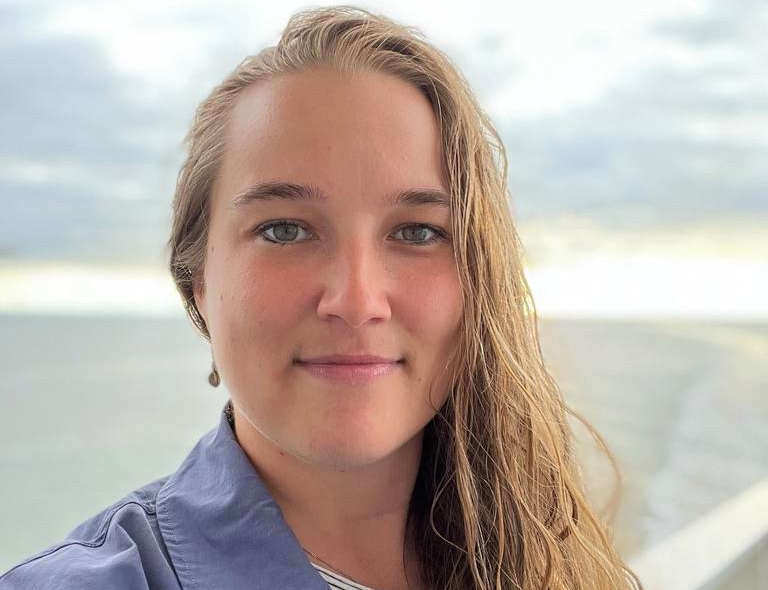 Lancaster City Council shortlisted for four local government awards
Lancaster City Council shortlisted for four local government awards
 Man pleads guilty to Heysham murder
Man pleads guilty to Heysham murder
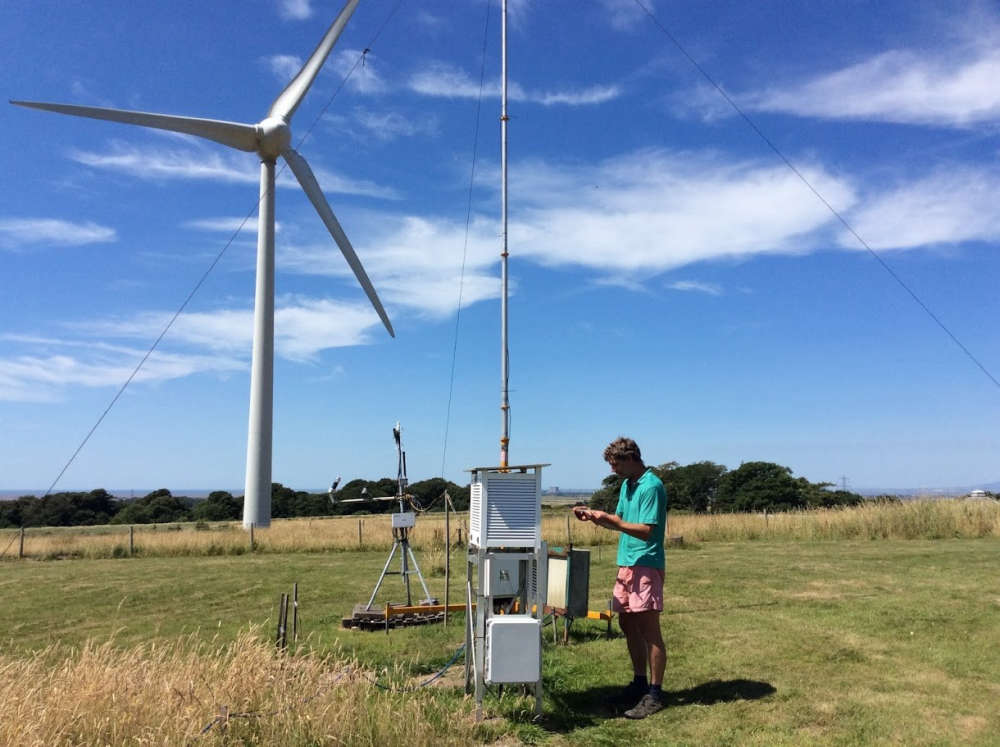 Driest March in Lancaster since records began
Driest March in Lancaster since records began
 Pioneering Morecambe 'podcast' from 1980s unearthed after 44 years
Pioneering Morecambe 'podcast' from 1980s unearthed after 44 years
 Lorry driver from Morecambe arrested after positive roadside drug test
Lorry driver from Morecambe arrested after positive roadside drug test
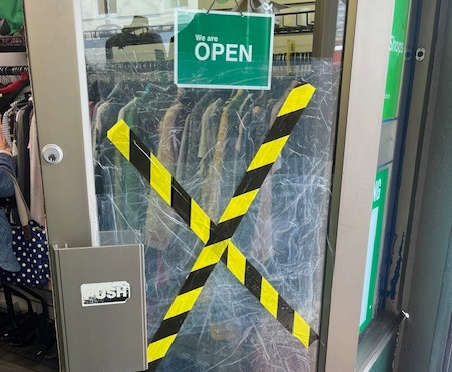 Hundreds raised after vandalism to Lancaster hospice shop
Hundreds raised after vandalism to Lancaster hospice shop
 Plans under way to bring spring flowerbed planting back to Morecambe
Plans under way to bring spring flowerbed planting back to Morecambe
 New cycle and pedestrian friendly crossing completed in Morecambe
New cycle and pedestrian friendly crossing completed in Morecambe
 INTERVIEWS: Morecambe Bay visitor guide launched with high hopes for tourist season
INTERVIEWS: Morecambe Bay visitor guide launched with high hopes for tourist season
 Council looking at ways to fund £1m refurb of village hall in Carnforth
Council looking at ways to fund £1m refurb of village hall in Carnforth
 Pan-disability game at Morecambe FC will raise awareness of autism
Pan-disability game at Morecambe FC will raise awareness of autism
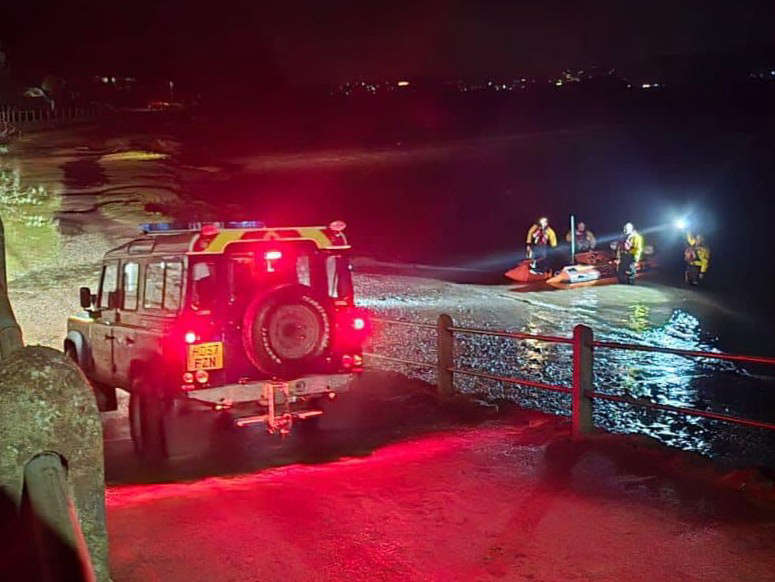 Morecambe lifeboat crew respond to reports of ‘flashing lights and red flares’
Morecambe lifeboat crew respond to reports of ‘flashing lights and red flares’




